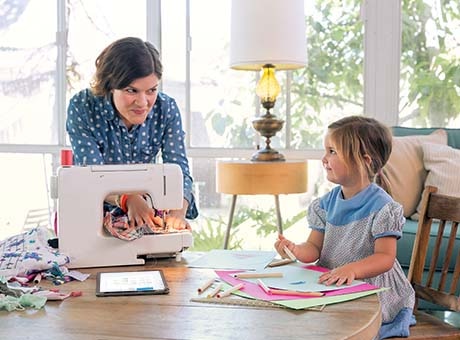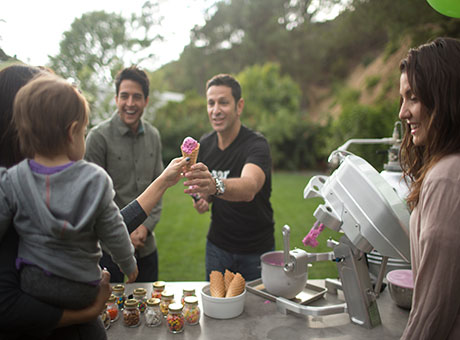If you run a day care out of your home, taking advantage of home-based business deductions might make a difference between turning a profit and not doing so. Guidelines include separation of personal use from business use. By deducting additional expenses, including utility bills, daycare and office supplies, and field trip expenses, you can lower your overall tax obligation.

Taxes and Tips for Day Care Providers
Business Use of Home Daycare Deductions
Running a daycare business from home creates an informal, relaxed work environment and offers some unique tax advantages. The business-use-of-home deduction is arguably one of the most valuable deductions for home day care providers. This deduction lets you deduct certain home expenses, such as utility bills, mortgage or renter’s insurance, and property taxes, as business expenses.
To calculate your deduction, divide the space you use for day care by the home’s total space. Say you use a 20 square metre basement for day care and your home is 140 square metres. You may write off 14% (20 divided by 140) of your eligible bills as business expenses. But you do have to separate business and personal use: if you relax on the basement couch and watch Netflix after the kids leave, you must account for personal use. Say you use the basement for day care 50 hours per week and the rest of the time, it’s for personal use. You divide 50 hours by the 168 hours in the week, and multiply the result — 0.3 — by your eligible expenses. Don’t forget to account for all the spaces in your home. If you use the kitchen for snacks and meals for a couple hours every day, remember to document that on your return, too.
Day Care Supplies
You probably buy supplies for your day care business on a regular basis. Anything you buy for the day care, such as diapers, snacks, toys, or tables and chairs, is a deductible business expense. Again, just as with use of your home, if you also use an item for personal use, you can only write off the portion of the value related to business use. You can claim small expenses, such as food or toys, in the same year that you pay for them, but you must claim large expenses, including furniture, computers, or home renovation costs, incrementally through your capital cost allowance.
Field Trips
Do you take the kids on fun, educational field trips, such as a visit to the science museum or zoo? Costs you incur while taking the little ones on field trips are tax deductible. The money you spend on bus tickets or museum admissions is also deductible. If you drive your own car, you can also claim vehicular expenses.
Office Expenses
After the fun part of your job where you’re taking care of the kids, you may have to spend time dealing with accounting and bookkeeping. Any costs you incur on these tasks are deductible. For example, if you pay fees to accountants, lawyers, or other professionals for business-related reasons, those costs are deductible. You can also deduct products used in the office, including small business accounting software, a work computer, and stationery supplies.
Write Off Day Care Losses
The Canada Revenue Agency (CRA) typically doesn’t offer tax benefits if your day care expenses run higher than your business income for the year. The good news, though, is that you can record your day care business losses and claim them against income from another job. As an alternative, if you don’t have income from another source the year you have the business loss, you can roll over the loss and use it in another year. This can come in handy when you haven’t yet reached profitability because you’re still establishing your day care basis.
Running a day care can be extremely rewarding. Besides nurturing and caring for children, though, you also have to nurture and care for the books. To keep your tax liability under control, remember to track your expenses and keep orderly records. QuickBooks Online can help you maximize your tax deductions. Keep more of what you earn today.


